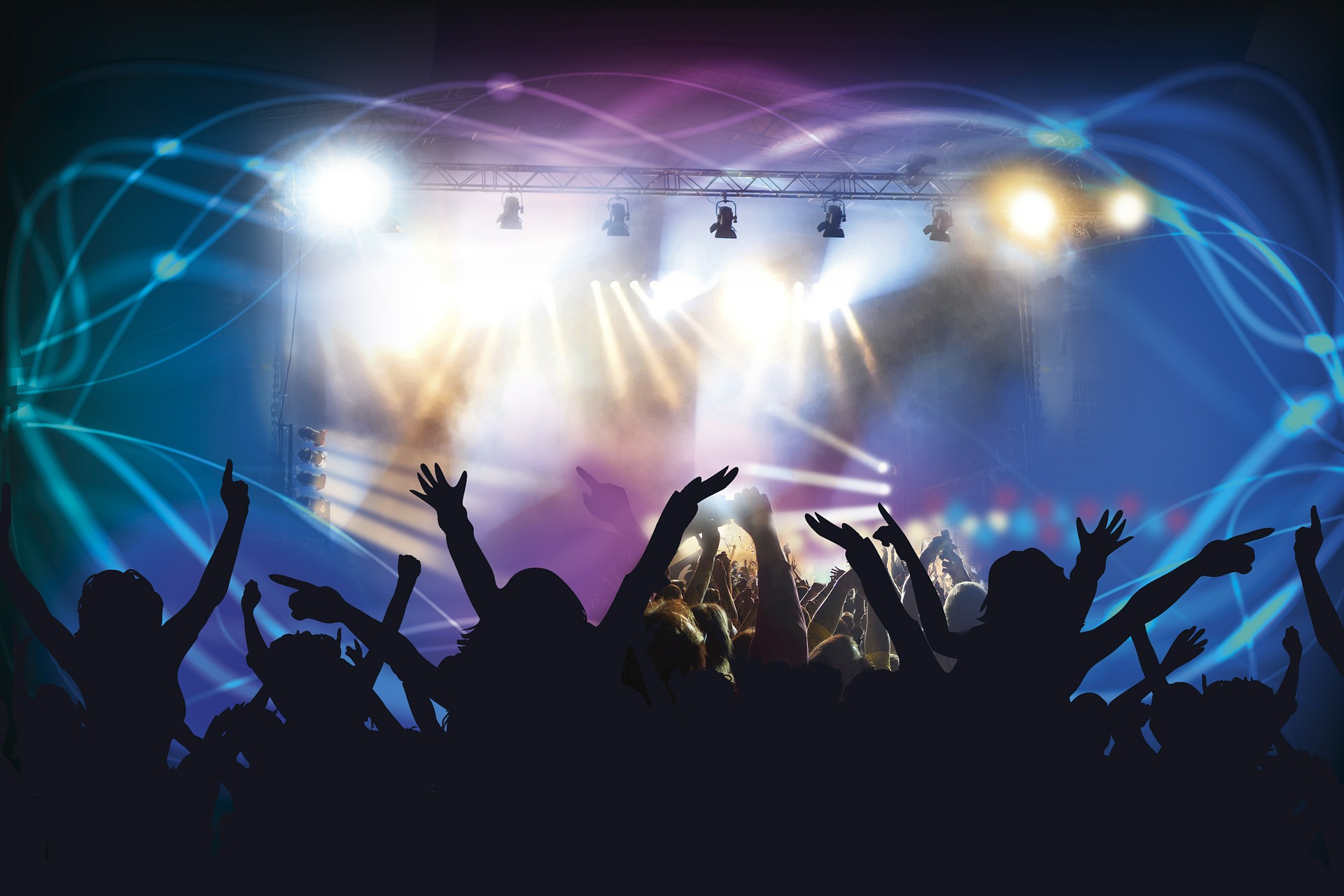Teenage Ketamine-Alcohol Fatality Risks & the Need for Treatment
Many teenagers and young adults tend to gravitate towards the party scene, be it concerts, house parties, nightclubs or raves. Within these settings, ketamine has become quite popular as far as party drugs go with alcohol being a mainstay as always.
Consequently, the use of ketamine and alcohol together is a common practice among teenagers within these environments.
Ketamine, one of a handful of dissociative-type hallucinogens, is an anesthetic agent capable of producing “out-of-body” experiences while alcohol acts as a central nervous system depressant. When used together, the combined effects of an anesthetic and central nervous system depressant can bring on dangerous effects, including death. Over time, this practice can set the stage for addiction problems to develop.
Ketamine and the Party Scene
According to the Drug Enforcement Administration, ketamine’s intended use works as an anesthetic used in veterinary medicine. When used for recreational purposes, ketamine’s effects make for unusual shifts in consciousness, including:
- Hallucinations
- Changes in body perception
- Feelings of floating
- Enhanced sensory experience
- A mixing of the senses, such as “hearing” light or “seeing” sound
These effects combined with the loud music and activity that characterizes raves and concerts enhance the overall party experience, but can also leave a teenager completely vulnerable to his or her surroundings.
With ketamine’s known effects being regularly put to use by predators as a “date rape” agent, combining ketamine and alcohol only works to make a bad situation worse.
For more information on teenage ketamine-alcohol abuse, call 800-915-1270 (Who Answers?).
Ketamine-Alcohol Fatality Risks
Ketamine and alcohol share certain similarities that make for dangerous effects when used together. While most types of hallucinogen drugs carry a low potential for addiction, the brain quickly develops a tolerance for ketamine’s effects. The same goes for alcohol.
Both ketamine and alcohol produce depressant-like effects that reinforce one another when used together. Under these conditions, the risk of respiratory failure and even death increases considerably. Overall, ketamine and alcohol both work to slow brain activity, placing teenagers at serious risk of developing physical and psychological problems over time, including:
- High blood pressure
- Hallucinations
- Psychotic-like behaviors
- Coma
- Depression
- Seizures
- Flashback episodes
- Weakened immune system
- Stroke
- Irregular heartbeat
Lifestyle Effects
According to the Centers for Disease Control & Prevention, an estimated four percent of 8th to 12th grades reported using ketamine in 2001, with nearly 70 percent of 12th graders reporting using alcohol in 2013. This practice of combining ketamine and alcohol predisposes teenagers to certain lifestyles that can have long-term effects in their lives, including:
- Impaired brain development
- Sexually-transmitted diseases from having unprotected sex
- Car accidents
- Poor performance in school
- Legal problems
- Memory impairment
- Alcoholism
- Ketamine addiction
The Need for Treatment
As ketamine and alcohol both carry a high potential for addiction, their combined effects can only speed the rate of a developing addiction along. Add to this the ongoing risk of overdose and fatality and the need for treatment help becomes glaringly apparent.
If you have concerns that your teen is engaging in ketamine-alcohol abuse and have questions about available treatment options in your area, please feel free to call our toll-free helpline at 800-915-1270 (Who Answers?) to speak with one of our addictions specialists.

 Am I at Risk of Ketamine Bladder Syndrome? Signs to Watch for -
Know the warning signs of ketamine bladder syndrome so you can get needed treatment and overcome ketamine abuse.
Am I at Risk of Ketamine Bladder Syndrome? Signs to Watch for -
Know the warning signs of ketamine bladder syndrome so you can get needed treatment and overcome ketamine abuse.  Ketamine Effects on the Body -
Ketamine abuse is dangerous to your mental and physical health. It leaves people prone to overdose and a number of other potential consequences
Ketamine Effects on the Body -
Ketamine abuse is dangerous to your mental and physical health. It leaves people prone to overdose and a number of other potential consequences  What Does Ketamine Do? -
Ketamine is a powerful drug that is used on the club scene, and in some cases as a date rape drug. It is a dissociative that causes hallucinations, slurred speech, and impaired motor skills
What Does Ketamine Do? -
Ketamine is a powerful drug that is used on the club scene, and in some cases as a date rape drug. It is a dissociative that causes hallucinations, slurred speech, and impaired motor skills  Are Ketamine Side Effects Dangerous? -
Although many ketamine side effects can be uncomfortable, the dangerous ones occur when higher doses are consumed.
Are Ketamine Side Effects Dangerous? -
Although many ketamine side effects can be uncomfortable, the dangerous ones occur when higher doses are consumed.  What are the Long Term Effects of Ketamine Use on Your Health? -
When you abuse a drug like ketamine, the effects of that drug can often be felt well after the actual high wears off. Ketamine has serious long term psychological and physical health consequences
What are the Long Term Effects of Ketamine Use on Your Health? -
When you abuse a drug like ketamine, the effects of that drug can often be felt well after the actual high wears off. Ketamine has serious long term psychological and physical health consequences